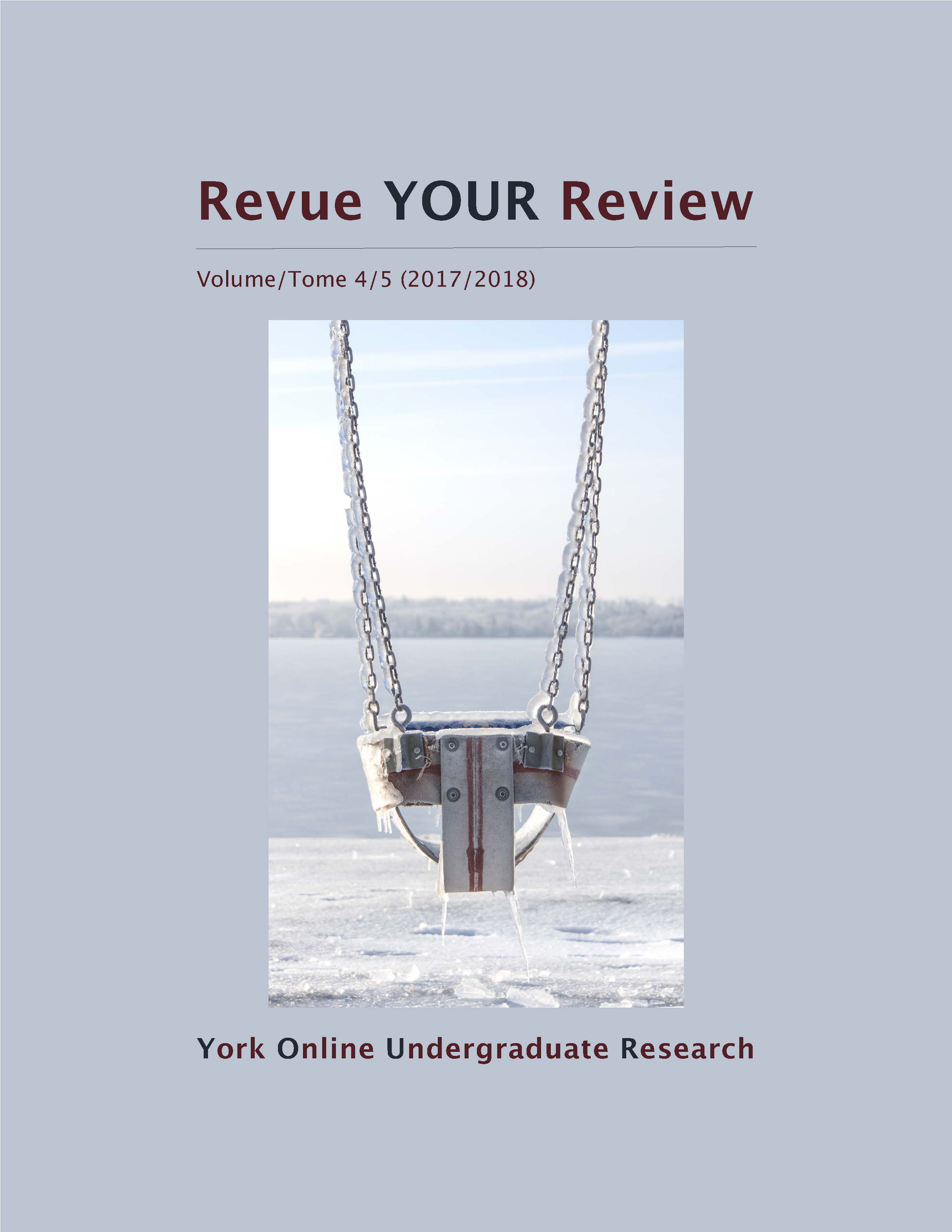The Cognitive Benefits of Multilingualism on the Executive Function of Inhibition
Résumé
Multilingual individuals have been observed to possess enhanced cognitive capabilities in comparison to monolingual individuals. In this study, we compared the abilities to inhibit automatic, obvious answers between monolingual and multilingual individuals. It was hypothesized that monolinguals will have more difficulty inhibiting automatic correct answers than multilinguals. Forty-five monolinguals and 44 multilinguals were assessed for cognitive control. Participants were shown 24 individual images of a coloured object (e.g., shown a green apple) and were simultaneously told the colour of the depicted object (e.g., the experimenter said, “green apple”). For half the shown objects, the colour mentioned was the same as the colour shown (e.g., a green apple is shown and the experimenter relays “green apple”) and for the other half, the colour depicted was different from the colour relayed (e.g., a red apple is shown and the experimenter relays “green apple”). Participants had to evaluate whether the image matched the verbal description and say the incorrect answer; if the image depicted matched the relayed statement, the participant had to say “false” (e.g., seeing an image of a green apple and hearing “green apple”) and if the image depicted did not match the relayed statement the participant had to say “true” (e.g., seeing an image of a red apple and hearing the statement “green apple”). Multilingual individuals performed significantly better on the inhibition task compared to monolingual individuals (t(87) = 9.8, p < 0.0001, d = 2.08). These results corroborate past findings that multilingual individuals show enhanced cognitive control required in inhibition. The acquisition and maintenance of many languages appear to be of significant benefit to cognitive abilities.
Téléchargements
Publié-e
Comment citer
Numéro
Rubrique
Licence

Cette œuvre est sous licence Creative Commons Attribution - Pas de Modification 4.0 International.
Les auteurs qui contribuent à la Revue YOUR Review acceptent de publier leurs articles selon une des trois catégories de la licence 4.0 : Creative Commons Attribution 4.0 International; Creative Commons Attribution-Pas d'Utilisation Commerciale 4.0 International; ou Creative Commons Attribution-Pas de Modification 4.0 International. Tout contenu éditorial de ce site ainsi que les affiches et les résumés sont sous la licence Creative Commons Attribution-Pas de Modification 4.0 International. Pour plus d’informations, veuillez voir :
https://creativecommons.org/licenses/
Dans tous les cas, les auteurs conservent leurs droits d’auteurs et concèdent à la Revue YOUR Review le droit de première publication. Les auteurs peuvent, par la suite, conclure d’autres accords de distribution non exclusifs de la version publiée dans ce périodique (par exemple, l’afficher à un dépôt institutionnel ou le publier dans un livre ou dans un autre périodique) à condition que la reconnaissance fasse mention de la publication originale dans la Revue YOUR Review.


